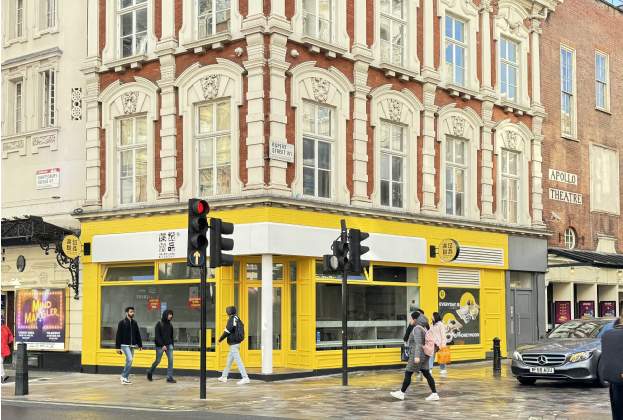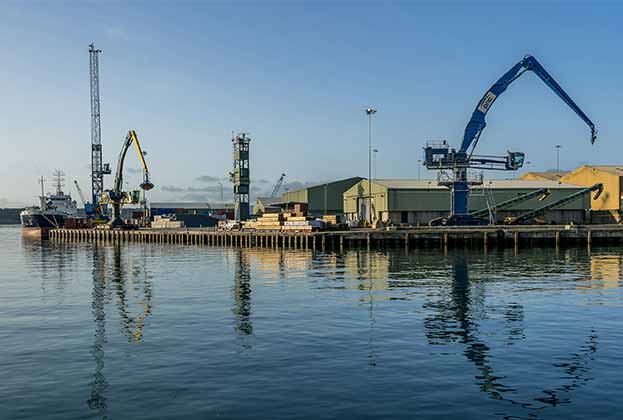The Market Rent Only (MRO) provisions brought in by the Pubs Code 2015 have been controversial to say the least. Some tenants saw the world through rose tinted glasses and mistakenly thought that the legislation would provide them with a pot of gold by going tie-free, but very few, if any, have found that pot and many may now actively regret their decision.
Pub companies were at pains to point out that the free-of-tie relationship would be very much ‘hands off’ and tenants needed to seriously consider whether it was suitable for them. But very few took appropriate professional advice and some are now finding the rent that they agreed with the pub company unsustainable.
Their accountants may have crunched some numbers to say that they would be better off on a free-of-tie basis per se, but the reality is that few obtained either the turnover or gross profit that they initially thought they were going to and, with costs eating away at the Net Profit before rent, it is far from a pretty picture.
Now throw into the equation the arrival of Covid-19 and the ‘temporary’ closure of every public house in the UK and it is tied tenants that are by far in the better position, with a lower base cost of occupation and generally more flexibility from the landlord. Some may argue that this is an example of SCORFA (Special Commercial Or Financial Advantage), that pub companies say tied tenants benefit from, in action?
A large number of the businesses which converted from tied to free-of-tie were sold on to other investors who potentially have little interest in the trading profile of their properties. Instead their interest lies in the rent being paid on time and the property being kept in good repair, thereby enhancing their eventual exit value from the site, and therefore some have been less accommodating to their tenants in this time of crisis.
Not surprisingly pub companies operating a tied estate have been a lot more amenable to their tenants where there is both a ‘dry’ rent and a ‘wet’ rent, and they have more room to manoeuvre when times are difficult for the tenant.
On this basis, it is likely that the tied tenant will come out of these unprecedented times in a better shape than the free-of-tie tenant overall and, in the future, any tenant considering the move to a free-of-tie operation will be far more ready to seek the professional advice of a Chartered Surveyor experienced in the leisure market rather than relying simply on the mathematical calculation of his or her accountant. The sums might show whether on paper at that moment in time they are better off, but it is no reflection of Market Rent which only the chartered surveyor can advise on.
There have been many unforeseen circumstances which have been evolved from the Pubs Code Legislation, but this is one that could not have been foreseen and I believe will linger long in the memory of the entire industry for some time to come.
Further information
Contact Savills Pubs, Bars & Restaurants
.jpg)


.jpg)



